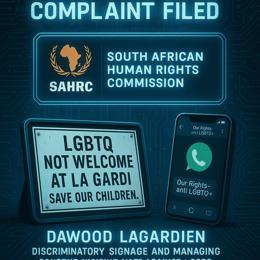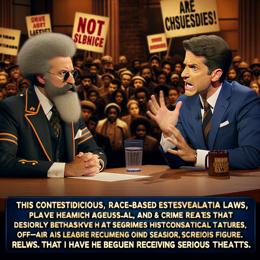Image created by AI
UN Demands Qatar Release Whistleblower Ibhais, Citing Arbitrary Detention and Trial Rights Violations
In a call for justice and compliance with international law, the United Nations Working Group on Arbitrary Detention has declared that Abdullah Ibhais, a Jordanian national and former media manager for the FIFA 2022 World Cup in Qatar, is being arbitrarily detained by Qatari authorities. This decision underscores the urgent need for his release and the acknowledgment of his rights, as advocated by organizations such as FairSquare, Amnesty International, and Human Rights Watch.
Ibhais bravely raised the issue of the treatment of migrant workers involved in the preparation for the prestigious sporting event. After expressing his concerns and revealing grievances over unpaid wages by workers at a labor camp in Al-Shahaniya, he faced retribution in the form of a bribery charge that proponents argue was conceived in malice to silence him. His subsequent arrest in 2019 and the lack of support from FIFA despite a call for a fair trial paint a somber picture of the quest for workers' rights in the midst of the World Cup fanfare.
In July 2024, the UN Working Group, after meticulous investigation, found that Ibhais's right to a fair trial had been grossly violated. With evidence of coercion in obtaining his confession, denial of legal representation, and negation of the examination of supporting evidence, the group mandated that not only should Ibhais be freed, but he should also receive compensation per international standards.
Despite these serious allegations and the Working Group's solid position on the matter, Qatar has failed to provide a response, thereby disregarding international concerns about its judicial processes. Ibhais's continued detention, alongside a financial penalty that may prolong his imprisonment, is widely seen as a clear miscarriage of justice.
For organizations like Human Rights Watch and Amnesty International, which have been following the case closely, the UN's declaration is a vital validation of their persistent efforts to expose the deficiencies in the treatment of both Ibhais and the broader issues surrounding migrant worker rights in Qatar. It serves as a strong reminder of the commitment needed by states to uphold the principles contained in the Universal Declaration of Human Rights and other pertinent legal frameworks.
This situation amplifies the responsibility of Qatar, as a host of the World Cup, to ensure the respect for human rights within its territories, particularly concerning those who have the courage to speak out against injustice. The case of Abdullah Ibhais remains a litmus test for Qatar's commitment to the rule of law and human rights.










